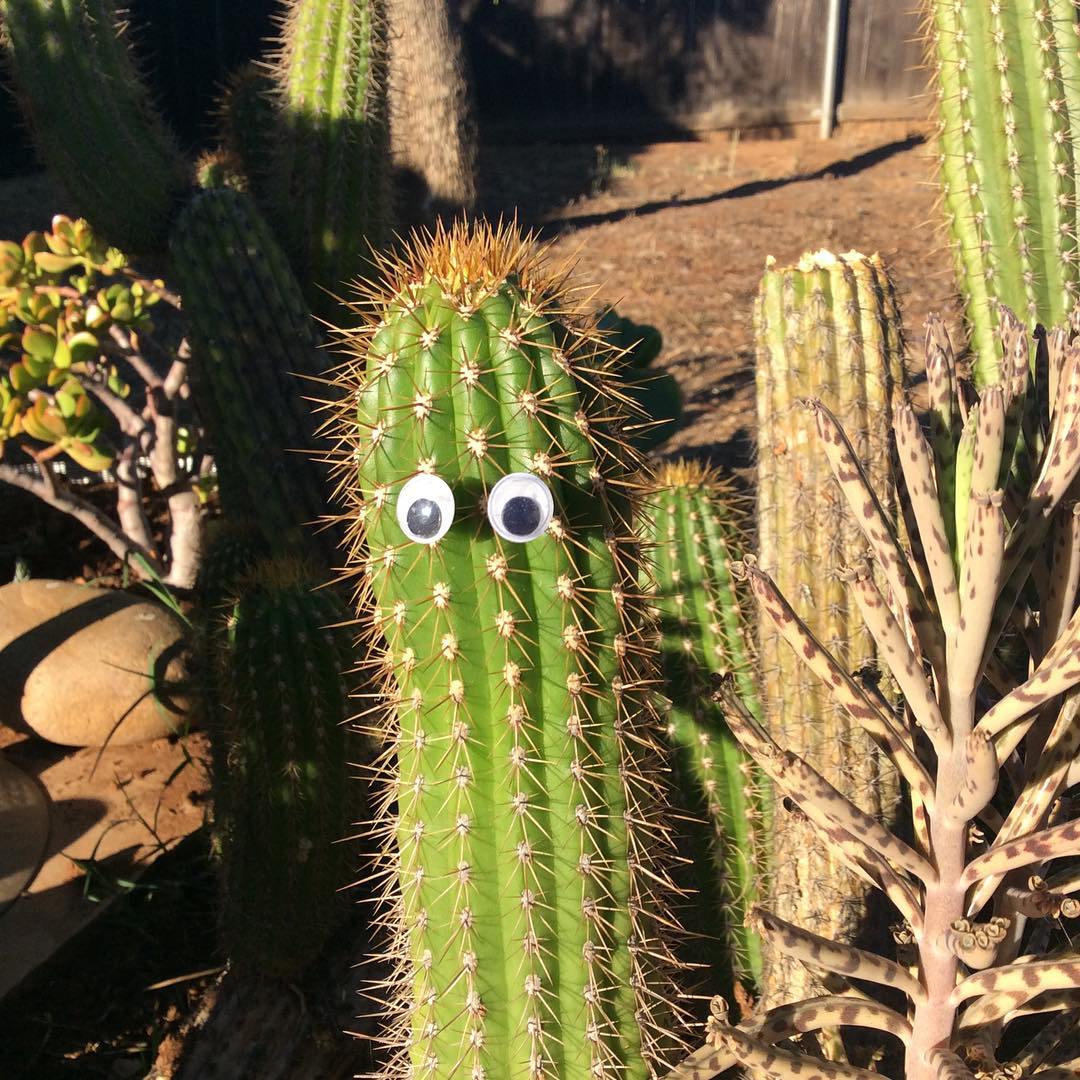People who talk to their pets as if they are human are not simple-minded or nutty. Rather, the habit seems to be a sign of high intelligence and empathy.

Photo Credit: Pxhere
That’s reassuring news for anyone who has been mocked for telling the dog the weather is too bad for a walk right now, but maybe later it will be better. And then when doggo wags his tail in reply and gets back to his nap in anticipation of an afternoon walk in the sun, that’s a conversation…and not a crazy one.

Photo Credit: Pixabay
Cause science has our backs!
In an article about people who talk to animals and other non-human objects, Nicolas Epley, professor of behavioral science at the University of Chicago and expert on anthropomorphism, said:
Historically, anthropomorphizing has been treated as a sign of childishness or stupidity, but it’s actually a natural byproduct of the tendency that makes humans uniquely smart on this planet. No other species that has this tendency.
This tendency to talk to our cars, plants, pets, the dishwasher, etc. is actually a result of having an active, highly functioning brain that can process environments as mindful.
Photo Credit: Berthold Werner
The most common manifestation of this is the tendency to name important objects in our everyday lives. Many people name their cars, for instance. Others give names to their houseplants.
We do this especially if we see an image of a face when we look at the object. Our unique ability to search for faces around us also comes from the brain’s keen interest in keeping our bodies from getting eaten. The easiest way for our brains to help us avoid danger is to look for friendly faces with which we can bond. Giving and seeking empathy is how we thrived.
Since we have higher functioning societies and are no longer competing for food or running from predators (as much), this hard-wired instinct has led us to search for human qualities in non-humans.

Photo Credit: Flickr
So the next time someone looks at you like you’re strange for talking to your favorite pen, know that you are intelligent, personable and an all around great human.
At least that’s what my pet bunny tells me.






